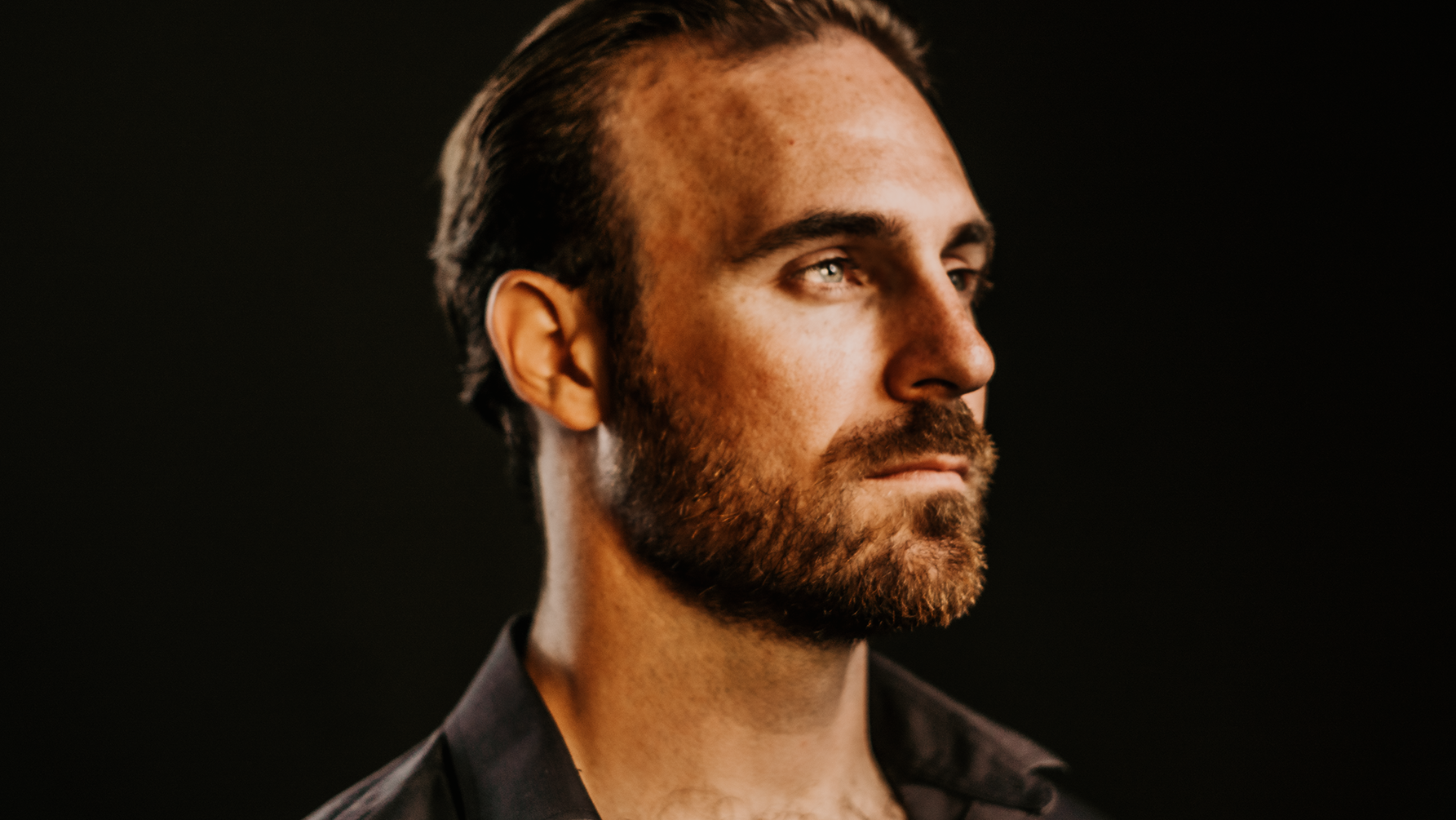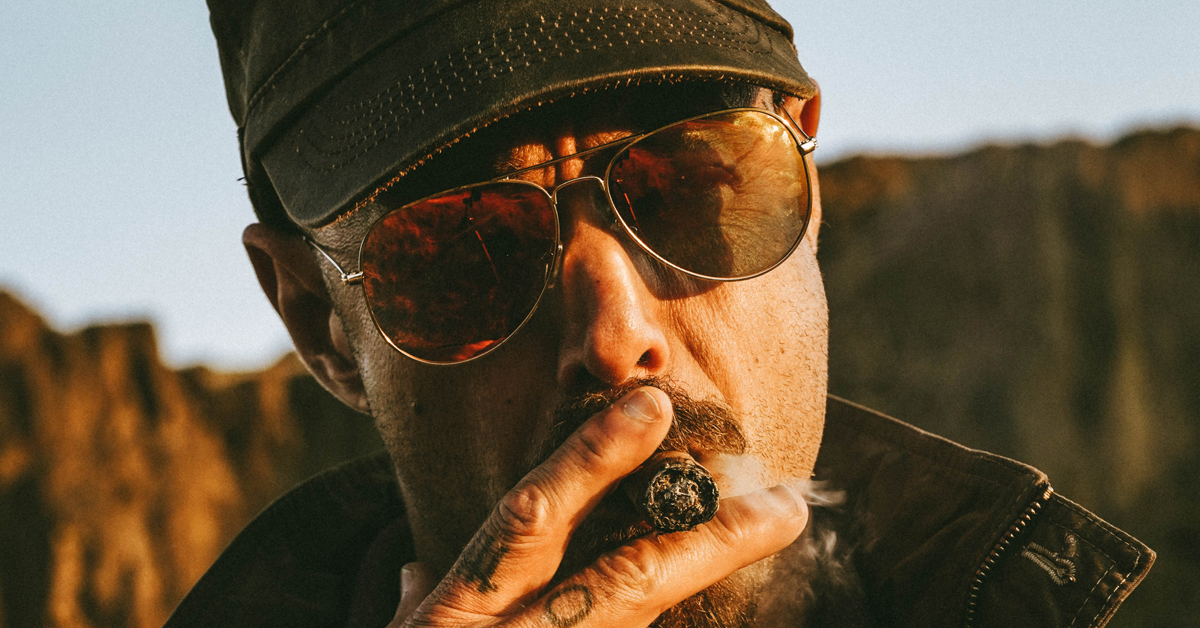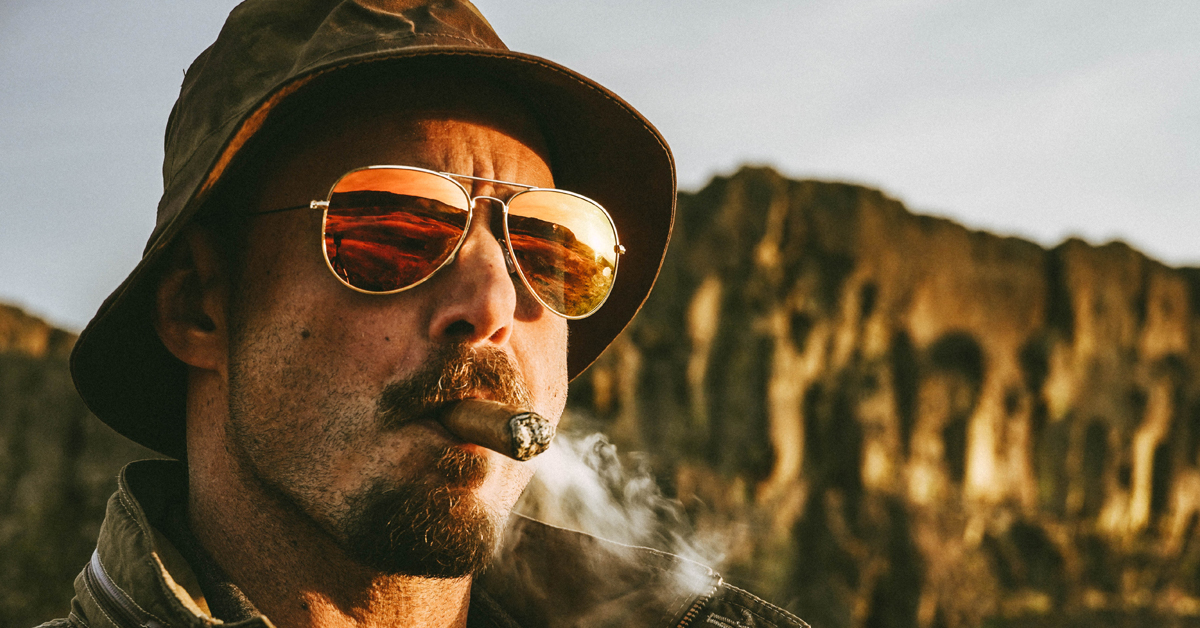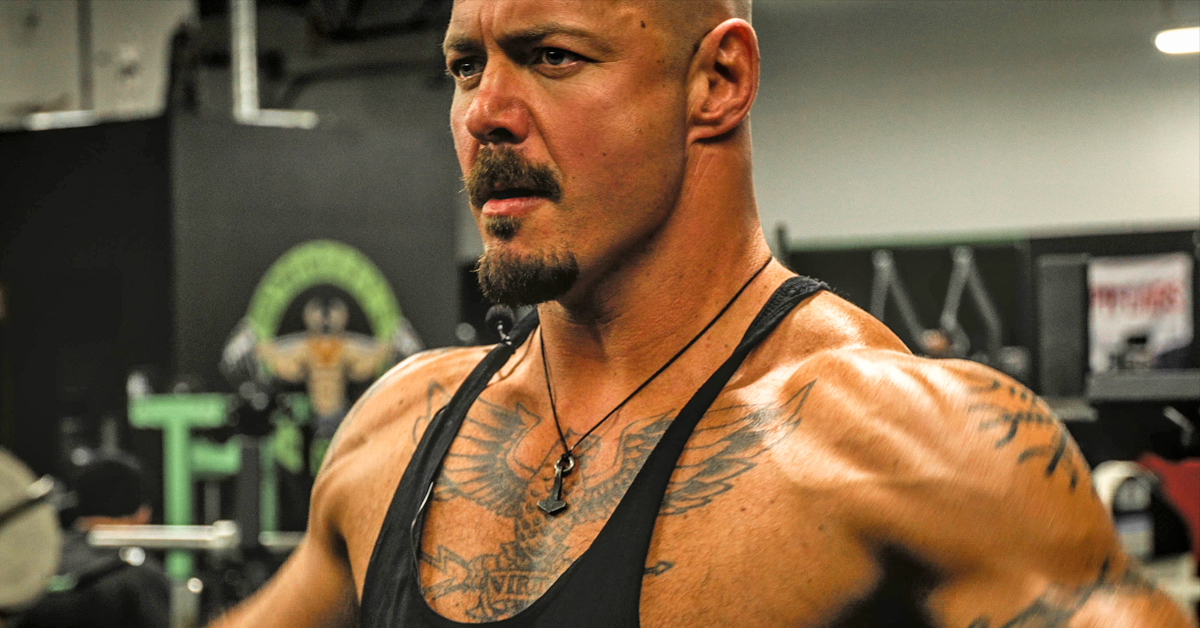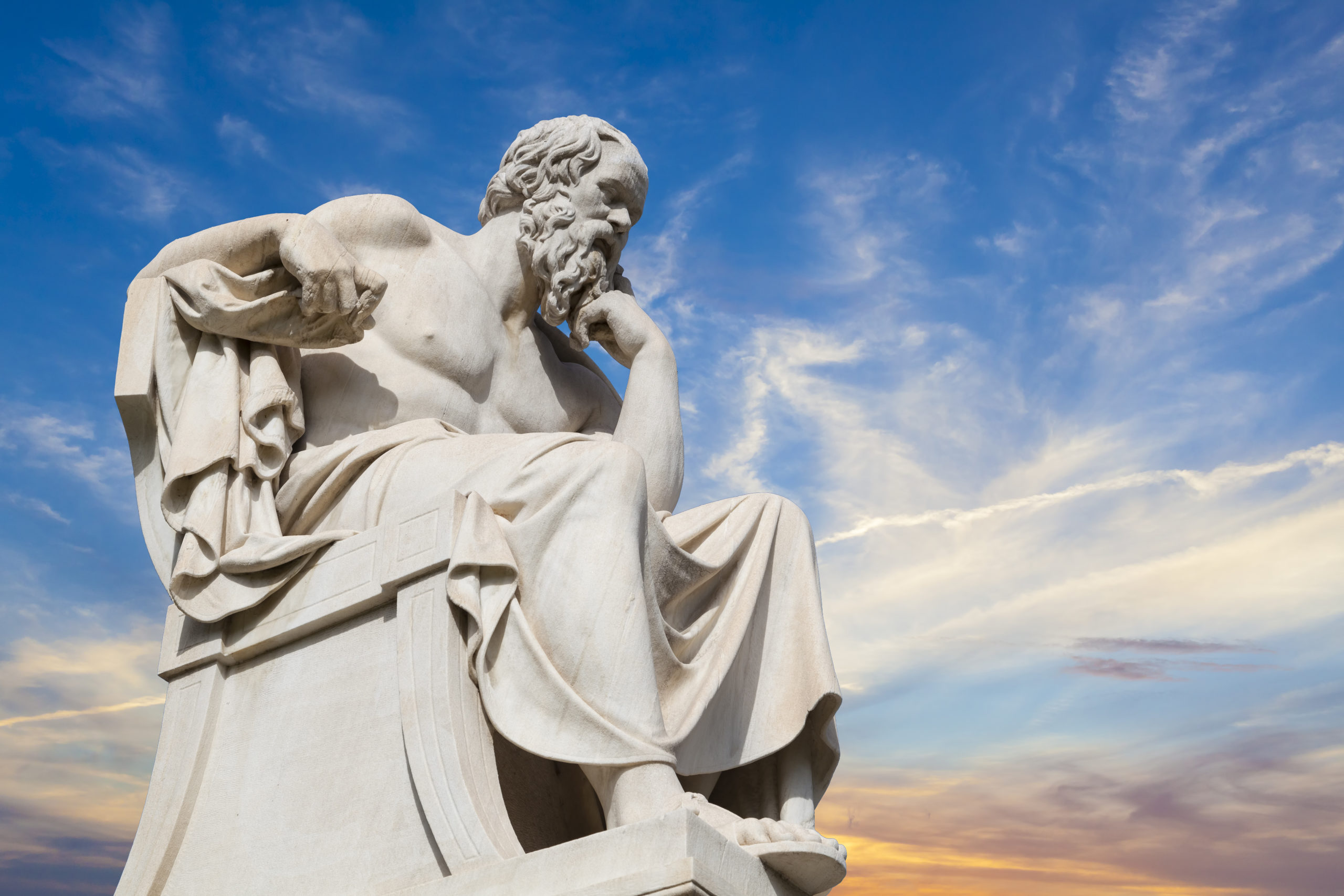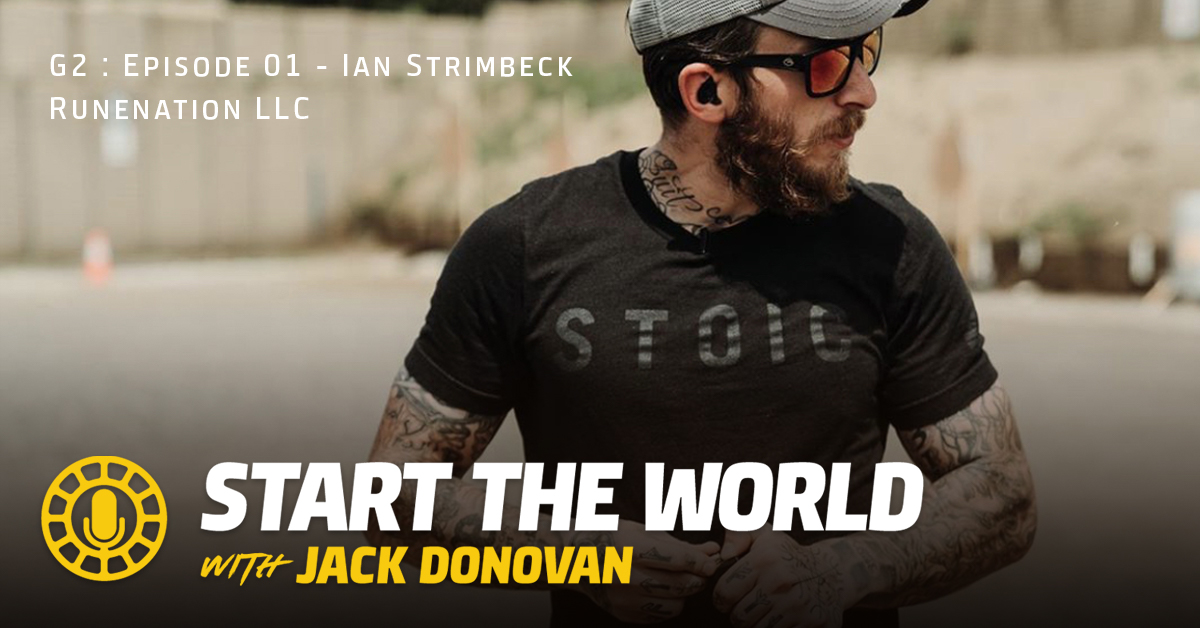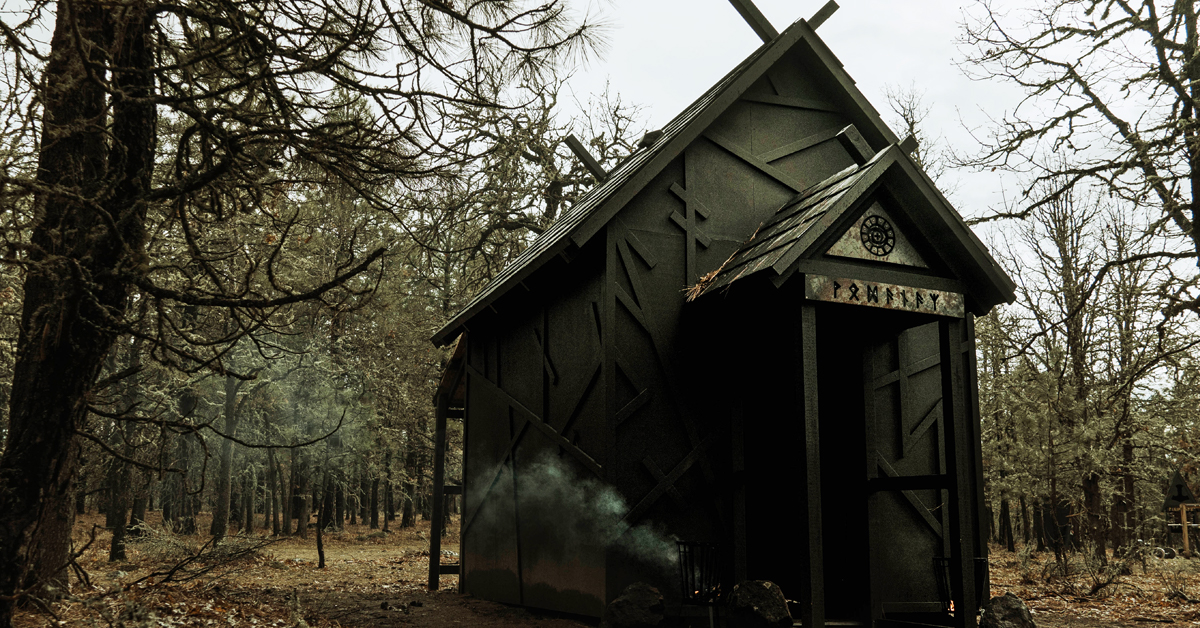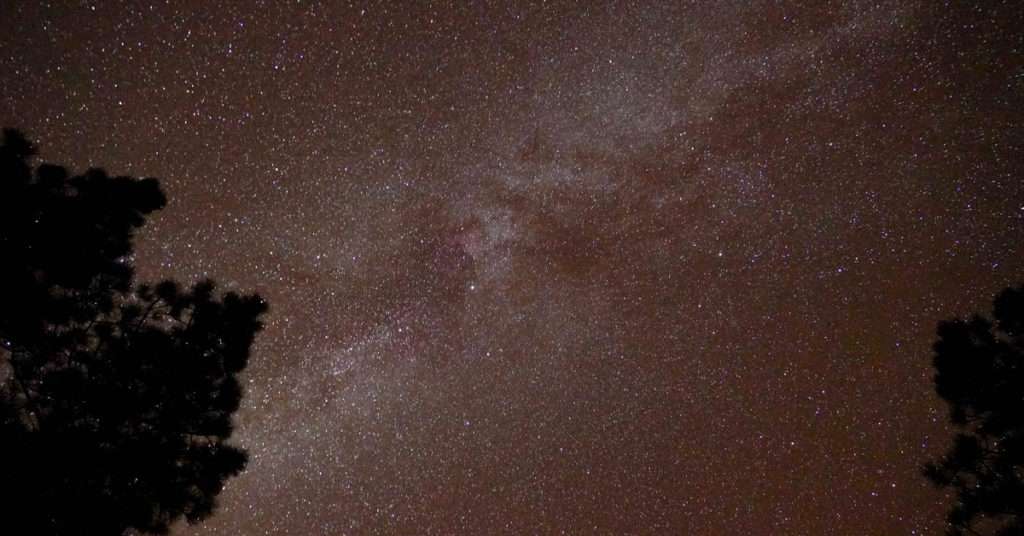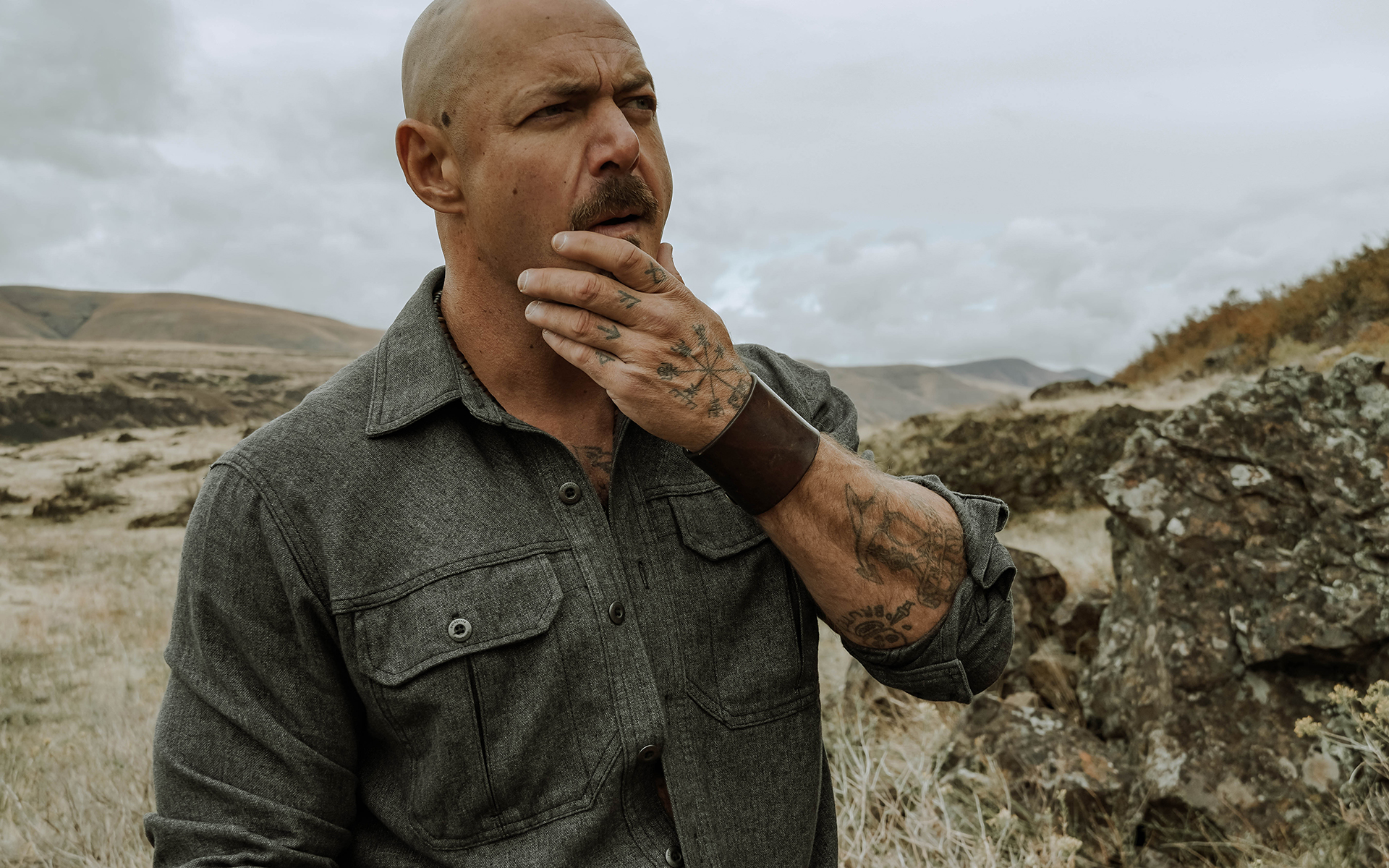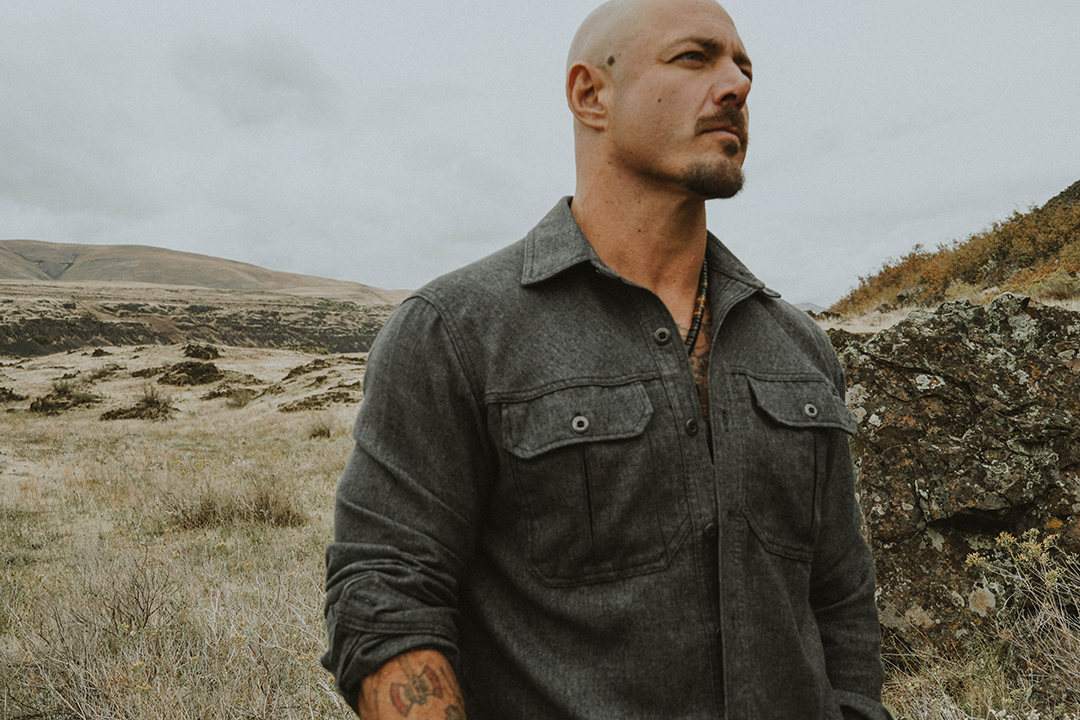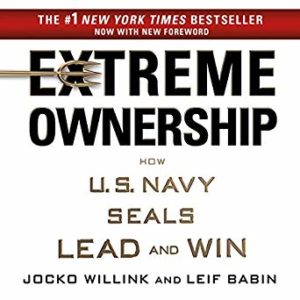Anthony “Dream” Johnson photographed by Jack Donovan. 2021.
This interview was originally published as part of the CHEST magazine project in 2021.
The man behind the 21 Convention and 21 Studios has a dream. He wants to make men (and women) great again.
Anthony “Dream” Johnson, now 33, has been running conferences to help men improve their lives since he was seventeen years old.
In 2007, Johnson was just another guy trying to learn how to talk to girls, and he made a name for himself on message boards in the pick-up artist community by posting photos and “field reports” for other young men. A lot of the PUAs used code names back then, and Anthony’s code name was “Dream.”
At the time, the big name pick-up-artists were promoting a lot of expensive DVDs and events that were financially out of reach for most younger men, so Anthony decided to organize an “under 21” PUA convention.
He says he had no idea what he was doing, and booked the conference room with an MTV credit card marketed to college kids. The card had a $500 limit and the room was $1000. Johnson managed to attract a couple of big names on the PUA circuit to speak, and enough guys showed up with cash that he was able to cover expenses and walk with $100 profit.
It was supposed to be a one-off event, but it had a fresh energy and momentum and attendees immediately asked when the next one would be, and “The Dream” eventually responded, “same time next year.”
Anthony and the conference came of age together, and the “under 21” convention became the 21 Convention, incorporating the old name with a broader mission to help improve the lives of men in the 21st Century. The 21 Convention attracted bigger and bigger names, and Johnson has organized and hosted 21 events in Sweden, Australia, the UK, and Poland in addition to the yearly conferences in his home state of Florida.
While other content creators in the game tried to tightly control access to their videos, Anthony was inspired by the Ted Talk model, and made the professionally filmed speeches from his conferences available for free via YouTube, giving him the ability to reach millions of men around the world.
I first met Anthony when I spoke at the 21 Convention in 2017, which is also where I met the co-founder of CHEST, Tanner Guzy. I had never heard of 21 before I was invited to speak there, and had no idea what to expect. But when I arrived, I was immediately impressed by the professional production and organization of the event. In addition to the speeches, there were workshops and group outings and dinners and private after parties, and it was obvious that the Convention was also a powerful networking opportunity for men.
Since then, I’ve spoken at 21 several more times, and I even flew out just to “hang out” last year. I remember being in a hotel room when Anthony — who is a big Trump fan — broke out his first round of red “Make Women Great Again” hets. And I was at dinner with him and his longtime friend and adviser, “Socrates,” and a few others at an Indian restaurant in Warsaw when Anthony — in keeping with his mischievous nature — announced that he was going to start calling himself “President” of the Manosphere.
I’ll be speaking again at the 21 Convention this year, which has grown from an event geared toward young pick-up artists to include fitness experts and religious men and fathers and men who are interested in learning more about building strong marriages and families. Johnson loves a little controversy, also started a “22 Convention,” aimed at women, featuring mostly male speakers, which he drolly promotes as the “mansplaining event of the year.” He holds the 21 Convention, the 22 Convention, and the 21 Convention’s “Patriarchy Edition” all at the same time and in the same venue. This year’s lineup includes fitness and philosophy personality Elliot Hulse, NLP Practitioner and coach Richard Grannon, Pastor Jesse Lee Peterson, Ian Smith, “Bulldog Mindset” coach John Sonmez, Dr. Robert Glover, Psychologist Shawn T. Smith, artist Arthur Kwon Lee, coach Greg Adams, Pastor Michael Foster, writer Janice Fiamengo, and lawyer Melissa L. Isaak, and more.
To learn more about the 21 Convention or buy tickets, click here.
Last month, Anthony traveled out to visit Utah, and while he was here, we sat down in my office to talk about men and politics and life and little manosphere inside baseball, and I grabbed some quick portraits for CHEST. Then we reconnected a few weeks later over Zoom to record some quotes and get the facts straight for this interview.
ON HELPING MEN – FROM GETTING LAID TO BECOMING A FATHER
Given all of the controversy that Anthony courts with events like the 22 Convention — which landed him in a heated row with Good Morning Britain host Piers Morgan — it is easy to lose sight of the fact that he built the 21 Convention and 21 Studios to help men become better versions of themselves. Anthony believes that this is good not only for men as individuals but also crucial to America’s survival and a free and healthy society.
I asked him for examples of men whose lives have been changed and improved through the content he facilitates, and he recalled stories familiar to us both — like men who lost 100 pounds or found a great woman. I have met some of Anthony’s younger volunteers and seen positive physical and psychological changes in them over the years as they matured, with the guidance of so many great mentors, into formidable young men in their own rights.
But while we were talking, Anthony remembered two examples that I think showed the scope of his influence.
Anthony remembers showing up early one morning at the 2017 conference, barely awake, and a young attendee ran toward him in the hotel hallway shouting, “Dream! Dream!” The guy told Anthony that after listening to some of the speakers and with the guidance of some of the men there, he had gone out the night before, met a woman, and lost his virginity. Anthony said that the guy was in his early twenties and that talking to women had been something he had obviously struggled with.
“He was so excited. It was like a scene from that 80s movie Porky’s or something. For a guy like that — that is such a big deal. Obviously, he didn’t learn some magic in the previous 48 hours, but we created an environment that gave him the confidence he needed at the time.”
On the far other side of the spectrum, Johnson says his longtime collaborator, Socrates — an accomplished bachelor and professional architect who has watched his evolution from his first days in the PUA scene — credits Anthony with creating an environment that made him want to settle down and have a family. Once a PUA himself, Socrates is now in a rewarding long-term relationship with a woman and became the proud father of a young girl in his late 40s.
ON HIS FIRST MARRIAGE
While the desperate Twitter script that angry women and their pocket cucks have learned by rote requires masculinity advocates like Johnson and the speakers at his conferences to be “incels,” anyone who’s spent time with Anthony or the majority of these men know that is “fake news.” The accusation says a lot more about the narcissism and hypocrisy of feminists and their pets than it does about the men themselves.
Many of the speakers actually bring dates, girlfriends, or wives with them to the conferences, and over the years, I’ve watched a few of them walk girls out of the hotel at one or two in the morning, as the girls laugh and wave goodbye. A lot of women are intrigued and excited by these men.
The “Dream” essentially started out in the business of getting laid — documenting his cold approaches for other PUAs at Florida events and bars and nightclubs. While, like most young men in the scene, he started just looking for sex, Anthony says he has always wanted to start a family at some point.
In his early twenties, Anthony met a nurse who was also a massage therapist. When they started dating, she compared notes with a friend and realized Anthony had been with her, too, a few nights prior. (At the time, Anthony was one of the only guys in town with a stripper pole in his apartment, so it was easy to figure out.) They continued dating, and a couple of years into the relationship, Anthony decided to marry her. He had learned a lot from men’s rights activists and was aware of how men are frequently treated in family and divorce courts, so he wisely avoided making the marriage legal. However, he wasn’t prepared for how the marriage itself played out.
After Anthony and his wife had been together for a total of four and a half years, he discovered that she had not only been cheating on him but had even been prostituting herself for extra cash the entire time the two were together.
Anthony was shocked at the time — and embarrassed — but it makes some sense in retrospect. Anthony was a well-known pick-up artist, renting a place with a stripper pole in the living room, and he had already fucked her friend. As the marriage was ending, she confessed to him that she assumed he would cheat on her “from day one,” so she cheated on him first so that she could never truly feel cheated on. It is twisted but somewhat understandable logic in a sexual marketplace where, as Camille Paglia once wrote, there is “no law in the arena.”
So Anthony “Dream” Johnson, in his first attempt to start a family, ended up marrying a crazy hooker. I’m sure some of his critics experienced a touch of schadenfreude. Johnson later talked about the experience frankly in a 21 Convention speech titled, “Marrying Medusa: How to Survive a Female Psychopath.”
After an expected period of bitterness, Johnson returned to his life of sexual adventuring and discovered that while he’d been married, the bar scene had moved online to apps like Tinder and Bumble. Johnson mastered these forms quickly and spent several years banging “the hottest girls he could find.” He said that every year his exploits got “a little wilder,” and he kept pushing the envelope to see how fast he could hook up with a hot girl or if he could fuck a “sugar baby” (a sexually attractive young woman who works older men for money and gifts) for free.
“I felt like Batman,” he said, because he was “turning the tables” on all of these women who were scamming other men.
ON VOLUNTARY CELIBACY
However, because his long-term goal has always been to build a family, Anthony told me that a few months ago, he decided to stop having sex with women until he finds a woman he wants to marry and have children with.
Anthony “Dream” Johnson, pick-up artist extraordinaire, became voluntarily celibate.
He says there were a lot of factors involved. To begin, he realized that he was putting himself in increasingly dangerous situations and that, sooner or later, he was going to end up dealing with an unwanted pregnancy or an STD that you can’t get rid of with a quick trip to the doctor. He realized that his life as a public figure would make him a target for some kind of #metoo entrapment or shakedown.
Johnson was also deeply affected by the birth of his sisters’ children.
“Just holding a baby that’s in your own bloodline — or close enough — that was a major gut-check for me.”
He said, “It made me re-examine some of the bolder statements from speakers like Elliot Hulse,” who told him that “the next woman you fuck needs to be your wife.”
When you’re a dude on Tinder banging hot chicks and raw-dogging them and giving them Plan B — or anything even approaching that — this just goes in one ear and out the other.”
Most of the men who had given him advice about marriage and family were religious, and Anthony has always been an atheist. His challenge was the challenge that many non-believers face. He had to find his own reasons.
“I think that’s what happens to a lot of young Americans today. They develop, in my view, a completely rational skepticism [about] a supernatural being controlling everything in the world. And then the minute you remove that faith in a higher power, all of these other elements fall apart.”
However, while holding his nephews, he found himself thinking…
“…when I have kids, they’re going to be this baby’s cousins. If I choose the wrong mother […] I know what I am going to be stuck with personally because I’ve seen guys in the manosphere go through this — family court, alimony, child support, crazy abusive women who lie to psychologists, lie to attorneys, lie to judges — it’s a fucking nightmare for these guys, and I’ve seen it firsthand and I know their kids sometimes. I see how toxic it is in real life and I see the bullet I dodged with my ex-wife, the ‘hooker-nurse.’ If I fuck this up it isn’t only going to be bad for me for eighteen years — minimum — it’s going to be bad for this kid for the next 30, 40, 50, 60 years…until that woman dies. And that kid will have to suffer from that choice of mine — to bust a nut in this chick, literally, for their entire life.”
It’s heavy stuff. Anthony said that he realized that if he wanted to build a strong, healthy family, the life he was living would jeopardize that. He realized that all of the precautionary measures he could take — whether condoms or Plan B or whatever — were all still risky. He decided the only sure way to protect his future and the future of the children he wants was to become abstinent. He also wondered whether, having had sex with over 130 women already, he might eventually lose the ability to pair bond at all.
So, for Johnson, there is no concern about God or sin. It eventually came down to rational long-term thinking based on his own goals and values.
Until he finds a woman he wants to be the mother of his children, Anthony plans to remain celibate.
OBJECTIVISM
Reason is an important part of Anthony’s worldview. He considers himself an Objectivist and is very passionate about the philosophy.
While we were driving out to see The Great Salt Lake, I asked him about it. I told him I thought that a lot of people would be surprised to know that the President of the Manosphere’s philosophy is based on the work of a woman — Ayn Rand.
This gave him a chuckle, but he explained that his personal theory was that Ayn Rand, as a woman, wanted to understand reason and get closer to it. So she stepped outside of herself and tried to figure out how the most rational and objective person would think and behave.
And, notably, she made the characters that embody her rational philosophy…men.
A REVOLUTION IN MASCULINITY
I asked Anthony how he thinks the men’s movement and his work organizing conferences fits into the bigger picture of what is going on in the world today.
He said that while many of us realize that we’re living in what he called “an Alex Jones world” of medical and state tyranny, where ideas like vaccination passports, “green zone” detention camps, bans on interstate travel, and all kinds of other restrictions on speech and freedom are being openly advocated and in some instances, actually implemented — even if some sort of “1776” style revolution were to happen and be successful — he wonders what would change in the end, unless there is a massive cultural change to go with it.
“The culture is so emasculated and so weak and so pussified, and the problems are so much bigger than politics, it wouldn’t really solve anything long-term.”
“We need a revolution in masculinity and in femininity. Men need to act like men, and women need to act like women. We need a return to common sense, like our Founding Fathers talked about, but a return to common sense masculinity and common sense femininity and common sense family values…where men are not fucked over in divorce court, where men are not losing 86% of custody battles […] children suffer from this. Men suffer from this. Men commit suicide at crazy rates. We need a revolution in masculinity, and from that, we can move culture. And the men’s movement is the only group of people talking about doing that.”
“Political conservatism is ‘Boomer conservatism’ — they are doing jack shit. They give a little bit of lip service to family values, and it is doing nothing. The Christians have all been cucked. Their patriarchal religion has all been cucked. Even Mormons have feminists. The only thing left is the Amish, who are ‘pure.” The problems we’re facing are ‘fall of Rome’-level serious, and I don’t see a solution other than a revolution in culture, which starts with masculinity and femininity. And that’s where my work, I think, impacts things in a major way. […] It’s not my ideas driving this. It’s my organizational ability to find guys like you and Tanner and Elliot and bring them together in a way that has real power to it. Our Founding Fathers had conventions, and look where that fucking went.”
Anthony and I agree that feminism is one of the most significant cultural shifts in human organization that the world has ever seen — and the fallout from that abrupt change has been and continues to be catastrophic.
“Masculinity and femininity are the oldest forces in our species. They precede civilization, they precede fire, maybe they precede even language. […] These forces are fucking huge. It’s not just sex — which is the meeting of femininity and masculinity in terms of breeding and continuing the species. It comes down to ‘what is it to be masculine and what is it to be feminine and what are the consequences of disobeying nature. And those consequences [in this case] are the fall of your country.”
I’ve known Anthony for several years, and while he is absolutely a provocateur who loves to troll people and push their buttons, I believe that he is completely sincere. He’s not just out to make a buck — there are easier ways to do that.
For fifteen years, Anthony “Dream” Johnson has been working to improve the lives of men and improve their situation in the world. He’s a man who is trying to do something he believes is good and necessary and right. He’s a “Florida Man” who believes in freedom and the founding principles of the United States, and he is on a mission to make men (and women) great again.
